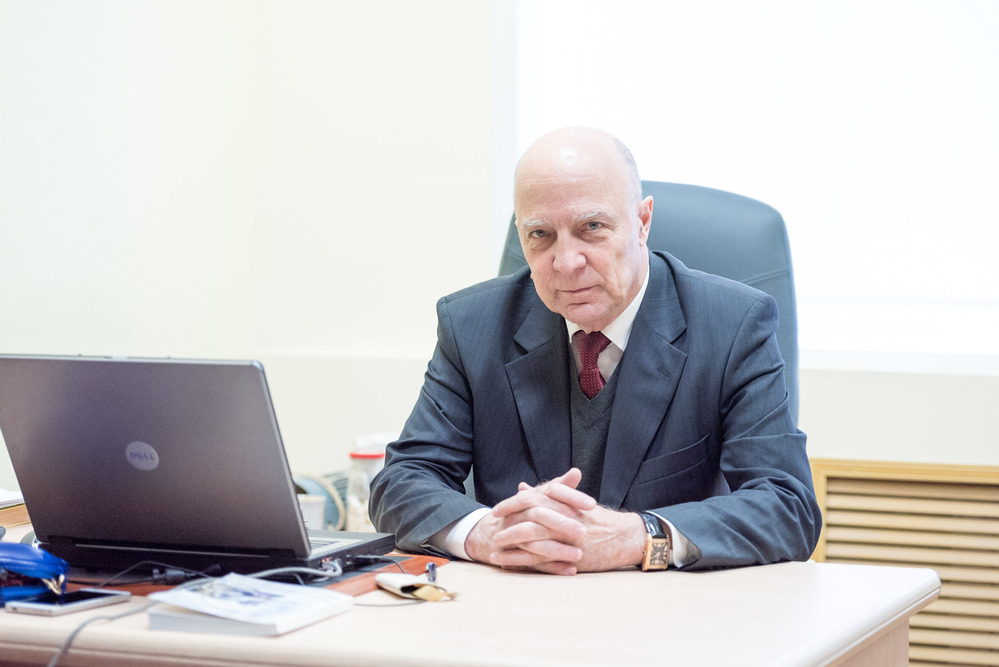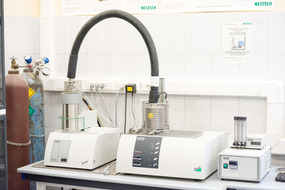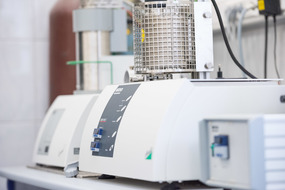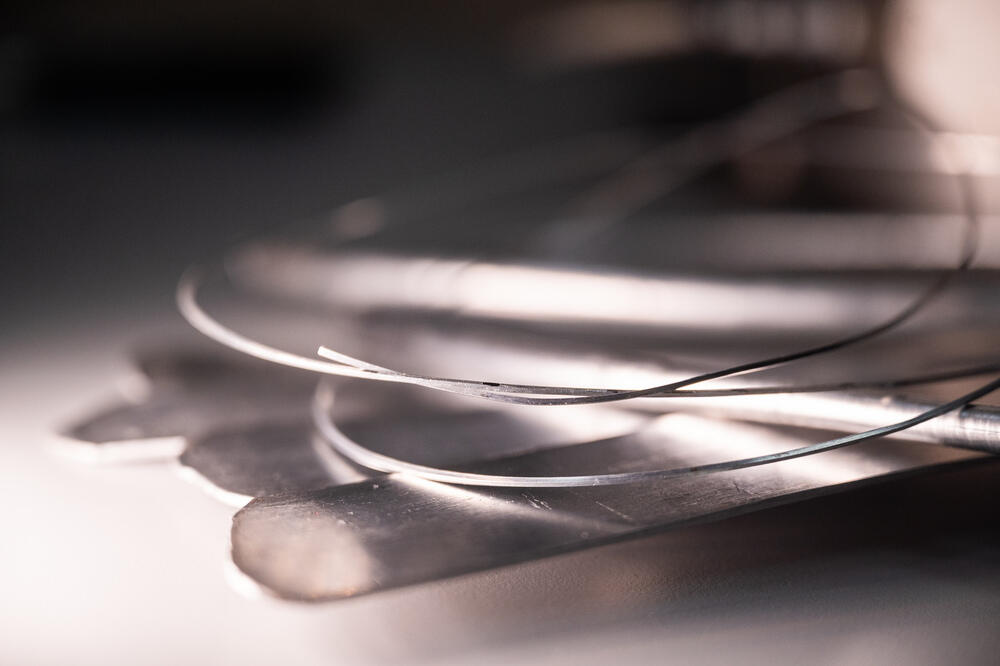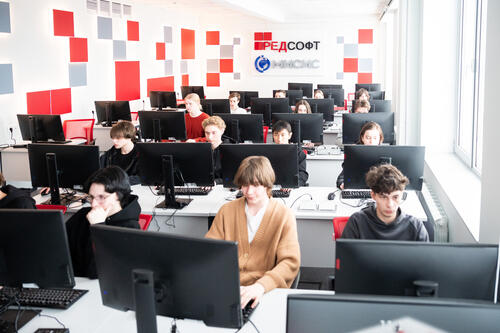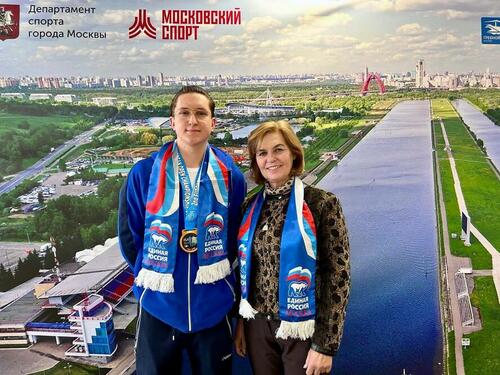NUST MISIS scientists have developed a technology of copper, nickel, and molybdenum extraction from ore concentrates, which will allow for a dramatic reduction in the production cost of non-ferrous metals, while at the same time improving the ecology in the area of processing plants.
One of the most expensive stages of ore processing when extracting metals is the conversion into soluble compounds. Sulphides, which are comprised of non-ferrous metals when underground, are insoluble in water. That is why it is necessary to conduct a series of chemical reactions to convert them into a soluble form.
The existing pyrometallurgical methods used for sulphide raw materials of ferrous and non-ferrous metals, methods which are mainly used in Russia, are very energy-consuming and environmentally-harmful due to the emission of sulfurous gases.
As an alternative, NUST MISIS scientists suggested applying a combined method of sulphide raw materials processing. It consists of two stages. In the first stage a low temperature (up to 400-500°C) with a chloride roast of either sodium or potassium takes place. The chloride of the desired metal and the alkali-metal sulfate (and not sulfurous gas) are obtained as a result of such a roasting. Then, the obtained sinter is treated with water, dissolving the sulphates of sodium or potassium. Copper and nickel (depending on the original concentrate) remain in a filter cake consisting of hydroxide, which easily dissolves in diluted sulfuric acid and leaves behind the formation of corresponding sulfates.
“The technology developed at NUST MISIS has four main advantages. First, it is cheaper due to the reduction of energy consumption; second, the degree of metal extraction is greater; third, the technology is more environmentally-friendly due to the elimination or substantial reduction of sulfurous gas emissions; and fourth, the resulting products are easy to bring to a marketable condition”, summarized Alexander Medvedev, Head of the project, Doctor of Engineering Science, and Professor at the NUST MISIS Department of Nonferrous Metals and Gold.
With regard to copper, it is worth mentioning that two ready-for-shipment products are obtained when producing it from a potassium chlorinating agent. This material is copper sulphate, the best potash fertilizer — potassium sulphate.
The technology has already been successfully tested for the processing of copper sulphide concentrates derived from ores of Erdenet (Mongolia) and Udokan (Russia) deposits; and, nickel sulfide concentrates manufactured by Norilsk Nickel.
A pilot plant for the recycling of 25% copper sulphide concentrate was created in Erdenet. Aibyek Khamkhash, a former NUST MISIS PhD, headed the process of its creation, and now he is managing its development. In Myanmar, Sou Tu, another former PhD student of Professor Medvedev, founded an enterprise for the industrial production of copper sulphate, which has become one of Myanmar’s main exports. The enterprise operates on the basis of technology developed at NUST MISIS. It was founded less than five years ago and has already made its founder a millionaire.
“NUST MISIS scientific schools in the fields of metallurgy and mining are widely known both in Russia and abroad. Our scientists’ developments in these fields receive support from the business-community not only in Russia, but also abroad. As a result our university is engaged in projects of international scale”, — said Alevtina Chernikova, Rector of NUST MISIS.
Low-temperature chloridizing roasting followed by a hydrometallurgical processing of the derived products has been successfully tested for processing molybdenite concentrates. Currently, the pilot testing of the proposed technology is under preparation.
